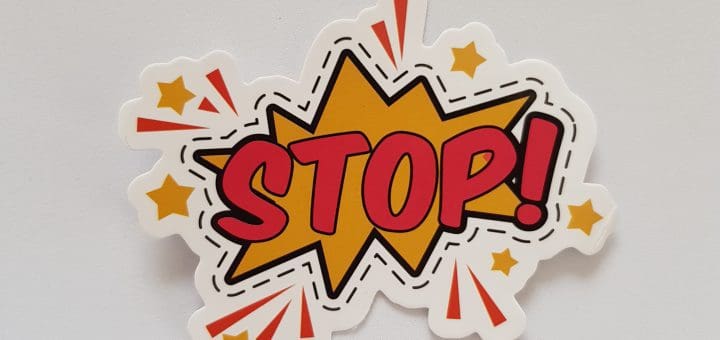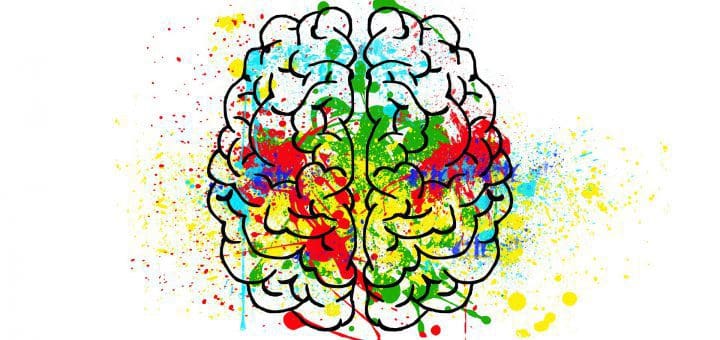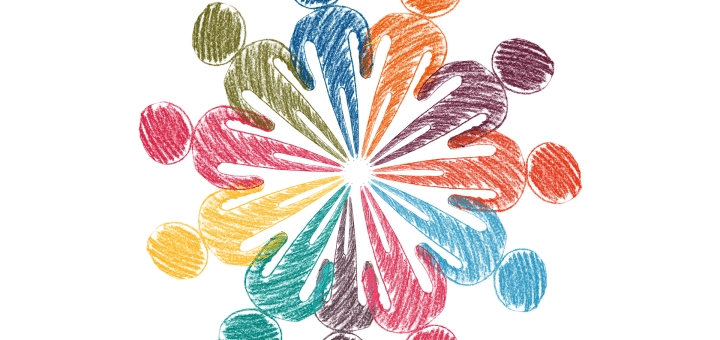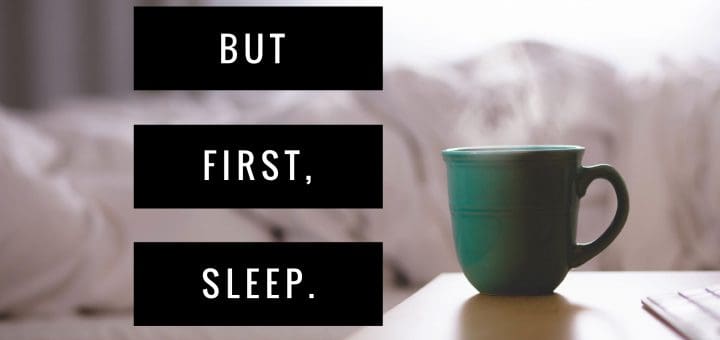Box breathing, also known as square breathing, is a method of slow deep breathing that can help you feel calm and relaxed. Deep breathing has been shown to calm your nervous system and can help relieve stress. Additionally, box breathing involves slowly counting to four, which can help distract your mind from racing thoughts. Box breathing has been shown to increase mood, making it helpful for individuals with anxiety, depression, and other mental health struggles. It can also improve concentration and help you to feel more present in the moment.











Recent Comments